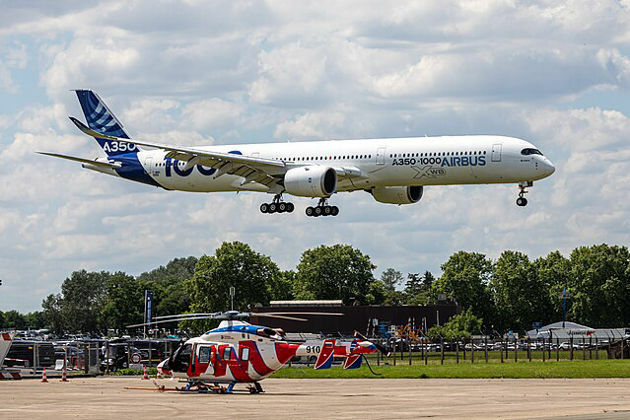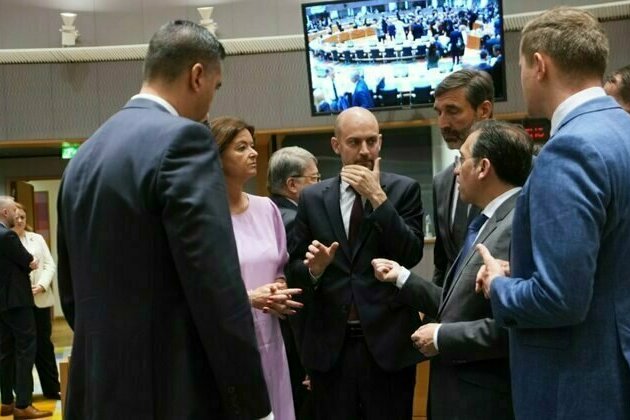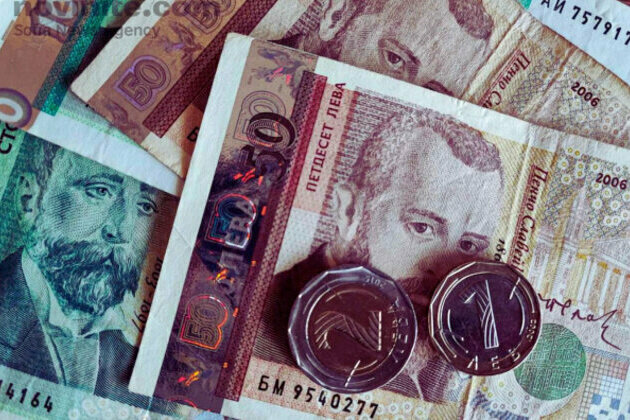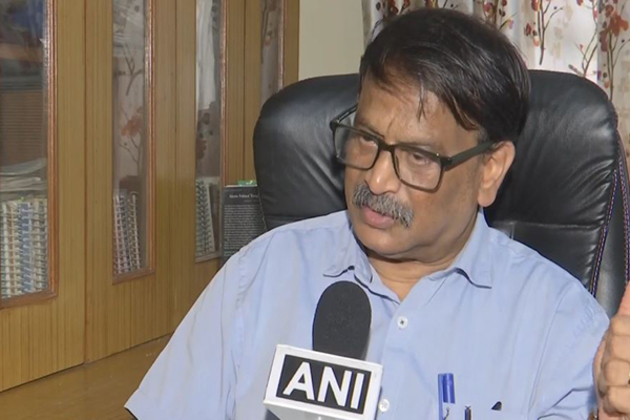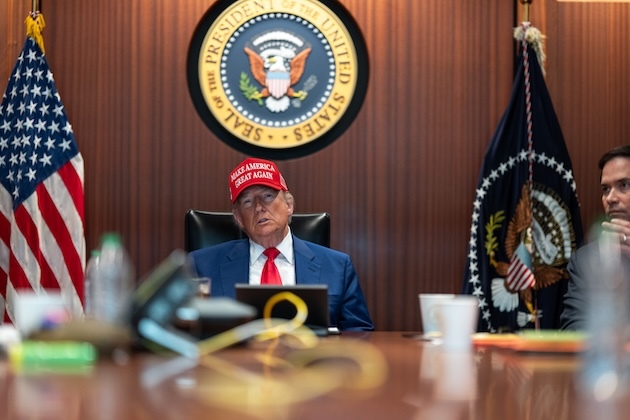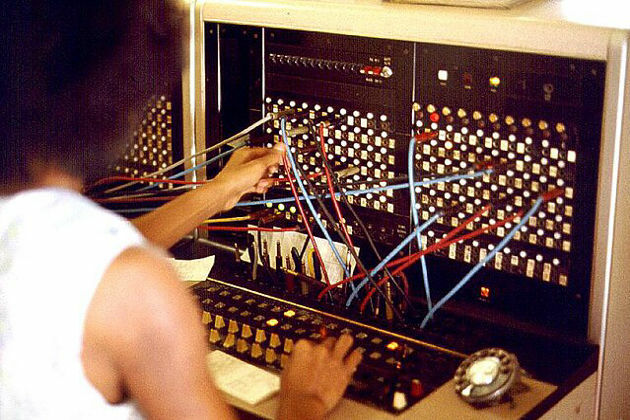Why outer space matters in a post-pandemic world
The Conversation
06 Jul 2020, 02:08 GMT+10
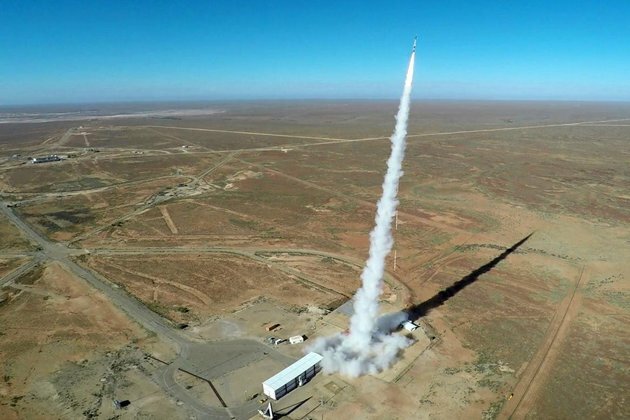
With all of the immense challenges we face on Earth this year, space can feel like an afterthought.
Before the COVID-19 pandemic, the hope of a growing space industry was palpable. Ribbons were cut, buildings were dedicated and Australia's space industry was going to triple in size in just ten years. But a few weeks into March, Europe and then Australia were slowly grinding to a halt as the reality of COVID-19 set in.
Satellite images from ESA's Copernicus Sentinel-2 mission in space showed the extent to which the virus lockdown was affecting major cities.
Next came the dramatic global economic downturn that seemed certain to crush Australia's space ambitions. Consultants began sending a flurry of email surveys to see how everyone in the industry was coping. How would this change the future of our nation's newest dream?
Read more: Ten essential reads to catch up on Australian Space Agency news
Suddenly, space is everywhere
Work in the space industry has always continued even under the most difficult circumstances. Missions take years to plan and launch. The global space industry has, out of necessity, always embraced uncertainty. Innovation will not stop. International cooperation is still strong. Missions are continuing.
It was just announced that the European Union is signing a billion-euro agreement with French global launch services company Arianespace, with the hope of injecting another 16 billion euros into the European space industry by 2027. This is big news for Australia's space industry too. Our history with Arianespace goes back to its predecessor, which launched the Europa rocket for the first time ever in South Australia in 1964.
NASA and SpaceX are making headlines for the first trip to the International Space Station in a commercially built and operated American spacecraft with astronauts on board. China's space program is rapidly developing and an upcoming mission could make it the second country to land and operate a spacecraft on Mars.
Australia's space capabilities
In this multinational mix, Australia has much to offer. We are currently leaders in advanced and quantum communication that would make deep space communication possible, as well as creating unhackable communications on Earth.
Our government has taken steps to realise these opportunities through its first round of funding to accelerate the industry and galvanise the future of our space agency.
Ten strategic space projects just received government funding to help Australia build relationships with other international space agencies. In defence funding announcements last week, space was highlighted as one of the five defence domains for a strong Australian Defence Force.
A quick recovery
We are now seeing some amazing post-COVID wins for Australia. Planet Innovation, a Melbourne-based company, was the only Australian manufacturer to be chosen by NASA's Jet Propulsion Laboratory to make an innovative COVID ventilator. More than 300 companies around the world applied for the opportunity.
SpaceX chief Elon Musk suggested Hobart-based boat builder, Incat, could help build "floating, superheavy-class space ports for Mars, Moon and hypersonic travel around the Earth." Fleet Space Technologies and Oz Minerals were just awarded a grant to use space technology in mineral exploration.
A few weeks ago, the Australian National University National Space Test Facility (NSTF) was the first non-COVID research facility at the university to reopen. Its first project was testing a piece of space equipment created by Australian company Gilmour Space Technologies that will fly on an Australian space mission in 2022.
Next, the NSTF team performed testing for Fleet Space Technologies, who drove their components from Adelaide to Canberra as there were no connecting flights. The NSTF has been continuously testing other space components for Australian missions since it reopened.
These are all hard-won successes in the face of COVID, and they speak volumes about the promise of Australia's space industry.
Read more: SpaceX's historic launch gives Australia's booming space industry more room to fly
Space will help Australia recover
Our space industry also enables others. Space technologies are transferrable to Earth-bound sectors such as health and mining, and the industry helps economic recovery because it operates at many scales from small research projects to large multi-disciplinary initiatives.
Our nation is set to give rise to bespoke satellites that are proprietary to Australia. We will have our own satellite constellations to address critical issues like drought, water quality management and bushfires.
Our innovation will protect our sovereignty, and global space industry titans like NASA can see our promise with missions like Artemis: Moon to Mars.
Australia's space industry began in uncertainty, and - despite bushfires, pandemics and massive change - it will succeed under uncertainty.
Author: Anna Moore - Director of The Australian National University Institute for Space and the Advanced Instrumentation Technology Centre, Australian National University 
 Share
Share
 Tweet
Tweet
 Share
Share
 Flip
Flip
 Email
Email
Watch latest videos
Subscribe and Follow
Get a daily dose of Switzerland Times news through our daily email, its complimentary and keeps you fully up to date with world and business news as well.
News RELEASES
Publish news of your business, community or sports group, personnel appointments, major event and more by submitting a news release to Switzerland Times.
More InformationEurope Business
SectionLuxury giant Kering bets on outsider de Meo to lead turnaround
PARIS, France: Luxury group Kering's decision to tap Luca de Meo as its next chief is being seen as a daring but necessary attempt...
Aircraft orders expected as Paris airshow opens, despite recent crises
PARIS, France: The Paris Airshow kicked off on June 16, attracting attention with expected aircraft orders, but overshadowed by the...
Hungary's Veto Casts Shadow Over EU Enlargement Talks
A day after the NATO summit in The Hague ends, EU leaders will take the short journey south to Brussels for their regular summer European...
Bulgaria and the Euro: What Happens to National Monetary Sovereignty
One of the most debated topics around Bulgaria's upcoming transition from the lev to the euro is whether the country is giving up its...
"India will have to navigate very cautiously": JNU Academician weighs in on Israel-Iran conflict
New Delhi [India], June 23 (ANI): As tensions escalate between Israel and Iran following US airstrikes on Iranian nuclear facilities,...
"India will have to navigate very cautiously": Ex JNU Academician weighs in on Israel-Iran conflict
New Delhi [India], June 23 (ANI): As tensions escalate between Israel and Iran following US airstrikes on Iranian nuclear facilities,...
International
SectionTrump goes on social media to announce Israel-Iran ceaeefire
WASHINGTON DC, - U.S. President Donald Trump has claimed a ceasefire has been reached between Israel and Iran. He made the claim on...
Confused bot named Alyssia replaces human response on Iranian phones
DUBAI, U.A.E.: British Iranians living in the U.K. are taken aback when they try to reach their families in Tehran on the phone and...
Brazil’s ex-president accused of leading illegal spy operation
BRASILIA, Brazil: Former Brazilian President Jair Bolsonaro is accused of playing a key role in an illegal surveillance operation orchestrated...
Critics say Özdağ case aims to silence Erdogan opponents
ANKARA, Turkey: A Turkish far-right politician went on trial Wednesday, facing charges of inciting public hatred—an episode critics...
Assisted dying bill clears key hurdle in UK Parliament
LONDON, U.K.: In a landmark moment for Britain, lawmakers in the House of Commons have voted in favour of legalising assisted dying,...
International law no longer a priority among Western leaders
Western support for Israel's right to strike Iran backs up a pattern of pre-emptive violence that critics say is further eroding international...


